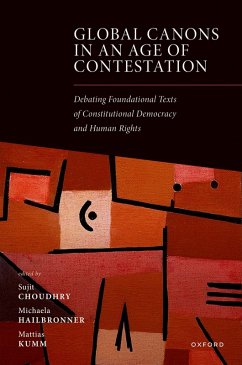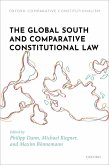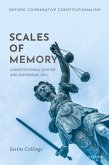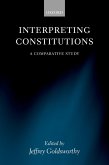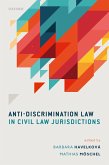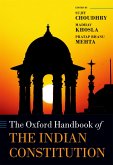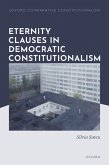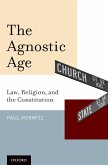Comparative constitutionalism emerged in its current form against the backdrop of the fall of the Berlin Wall and the end of the Cold War. As that backdrop recedes into the past, it is being replaced by a more multi-polar and confusing world, and the current state of the discipline of comparative constitutionalism reflects this fragmentation and uncertainty. This has opened up space for new, more varied, and increasingly critical voices seeking to improve the project of democratic constitutionalism. But it also raises questions: What of the past, if anything, is worth preserving? Which more recent parts should be defining of the field? In this context, this book asks which are - or should be - the canonical texts of comparative constitutionalism. The theoretical scope of the contributions is broad and ambitious, selecting primary material from beyond the existing textbooks to engage the concept of a canon. This framework provides significant insights about inclusion and exclusion, and proposes candidates for canonical and anti-canonical materials. The result is a wide-ranging discussion, among many voices, of how particular judgments and other primary texts have shaped or should shape our understanding of central elements of democratic constitutionalism from a comparative law perspective. This book is not a prescription of one universal understanding, but a broader conversation about the field and the future of constitutional democracy.
Dieser Download kann aus rechtlichen Gründen nur mit Rechnungsadresse in A, B, BG, CY, CZ, D, DK, EW, E, FIN, F, GR, HR, H, IRL, I, LT, L, LR, M, NL, PL, P, R, S, SLO, SK ausgeliefert werden.

